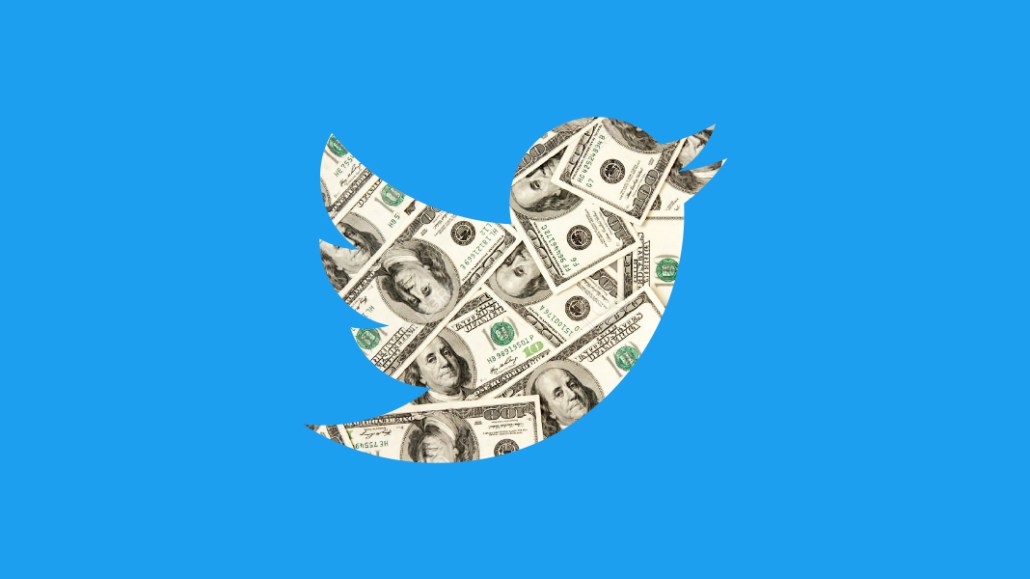Secure your place at the Digiday Publishing Summit in Vail, March 23-25
As Facebook Live video dreams fade, publishers look again to Twitter

Some publishers have been disappointed with Facebook Live video, but they are hopeful as Twitter embraces the format.
Twitter has been getting into live video in a big way. It’s already live streamed events and announced a streaming video service with Bloomberg Media, in addition to other live news, sports and entertainment programs from content creators including BuzzFeed, Vox Media’s The Verge and the WNBA.
The Verge has done a lot of live video and just launched a new live show, “Circuit Breaker,” on Twitter. The focus on Twitter comes as The Verge has dramatically scaled back the number of live videos it does on Facebook, where it used to do as many as four a week.
“It definitely seems like Twitter’s putting a ton of focus on it this year,” said Helen Havlak, editorial director at The Verge.
Havlak ticked off a number of benefits of Twitter’s live show approach. After each episode of “Circuit Breaker,” which run 60 to 90 minutes, The Verge can use a Twitter tool to cut the episode into several clips and publish them independently on Twitter, “things you can’t do easily on Facebook Live,” she said. Those shorter videos can get monetized with pre-roll ads, a format that’s absent from Facebook. Because live video on Twitter hasn’t reached a saturation point, these new shows are getting a lot of promotion from Twitter, while Facebook seems to have de-emphasized live video.
The only metric that really matters is revenue, though. Twitter is scoring points here, too. The revenue share for Twitter’s live shows varies by content creator. But Twitter’s monetization approach is far more favorable than other platforms, said Scott Havens, global head of digital at Bloomberg Media. Twitter is giving Bloomberg the option to do the selling as well as co-selling, which gives the creators more control over the sales process and revenue outcome. (He didn’t explicitly mention Facebook, but that approach is in contrast to Facebook, which is writing checks to just cover the costs and sharing ad sales revenue with publishers, but not much has materialized.)
“Twitter has the scale and the platform; the publisher has the content and brand trust,” Havens said. “It’s a nice marriage.”
Twitter’s live experiment is young; it’s too early to say how big the audience is for live video on the platform, so it’s too soon to tell what the effective ad rates will be. BuzzFeed has said its new Twitter live show, “AM to DM,” which started on Sept. 25, has averaged about 1 million unique viewers each day, with clips being viewed a total of 10 million times.
All platforms are looking for high-quality video content to attract TV-like dollars. Twitter, because it’s much smaller in audience than Facebook and Google and its user base has stagnated, has to make itself that much more appealing to creators than other platforms. “Facebook’s attitude has been much more, ‘We’re going to do it our way,’” said Bernard Gershon, president of GershonMedia, which consults to publishers. Twitter, meanwhile, threw publishers a big bone in 2016 when it agreed to let them keep 70 percent of the revenue from their video ads posted through Twitter’s Amplify program, in contrast with YouTube and Facebook, which share 55 percent.
One criticism of Amplify is the unpredictability. “We love syndicating our original video content across Twitter audiences and being able to monetize via Amplify ads, but publishers have a lack of insight into Twitter’s pipeline, which means we cannot predict ad fill or revenue against this syndication opportunity,” said Chris Pirrone, gm of sports digital properties at USA Today’s Sports Media Group.
“We are always in listening mode with our Amplify partners, and it is our goal to help them drive meaningful and consistent revenue,” Mike Park, vp of emerging content products at Twitter, said in a statement. “A healthy publisher ecosystem is an essential part of the equation as we continue to develop our video products and scale advertiser demand.”
More in Future of TV

Future of TV Briefing: Netflix’s in-house ad platform launch has led some advertisers to double spend
This week’s Future of TV Briefing looks at how the streamer’s expanded ad targeting and measurement options has resulted in increased advertiser spending.

What’s behind Netflix’s CTV market share jump?
The streamer is set to grab almost 10% of global CTV ad spend. Media buyers say live sports, lower prices and DSP partnerships are making a difference.

Future of TV Briefing: WTF is server-guided ad insertion?
This week’s Future of TV Briefing looks at server-guided ad insertion, a newish method for inserting ads into streaming video on the fly.





